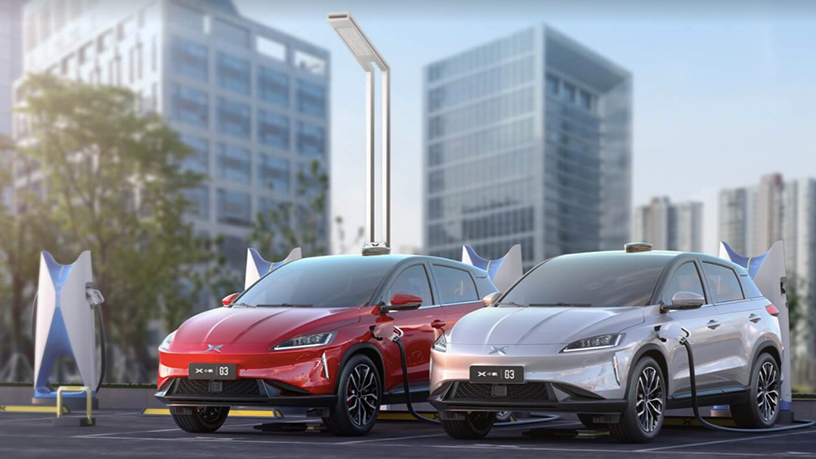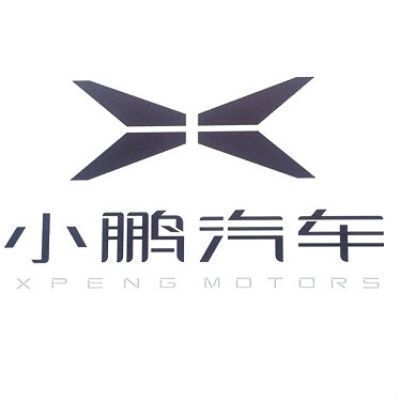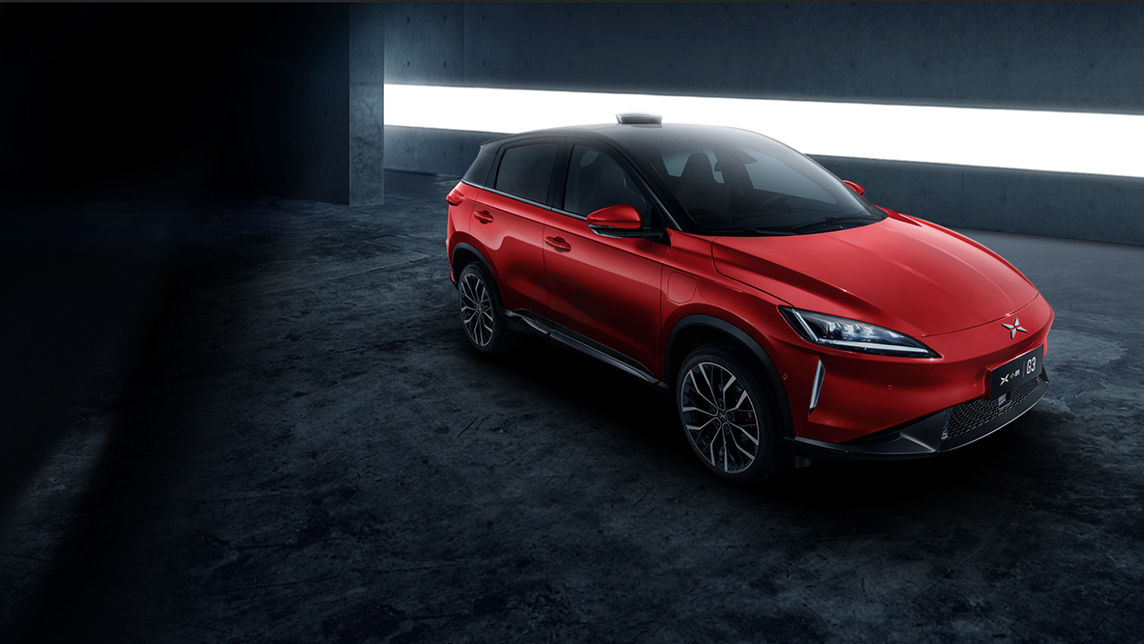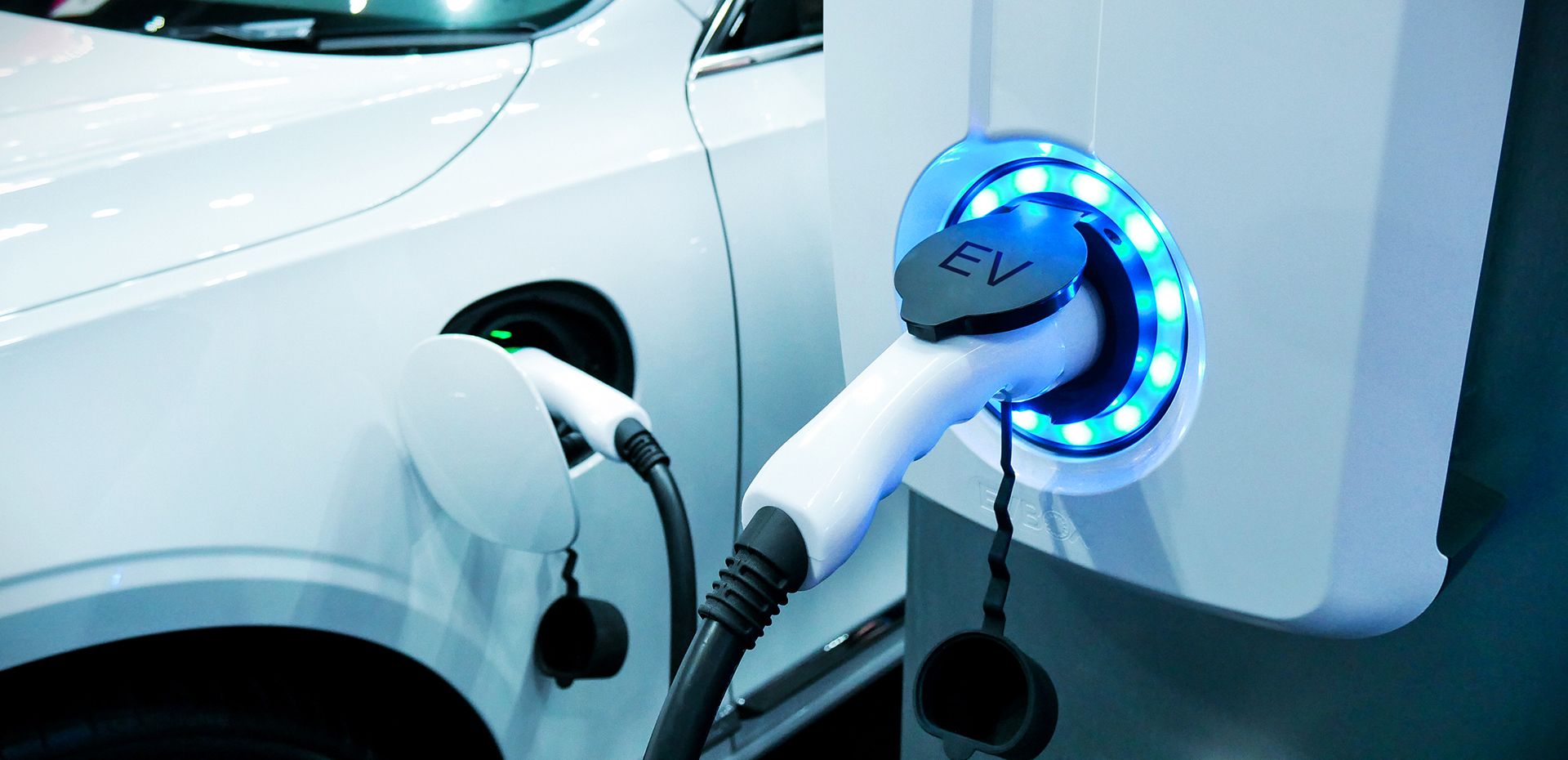Chinese EV maker Xpeng Motors, which counts Alibaba, Foxconn and Xiaomi among its investors, has been beefing up its partnership with yet another powerful player – China's largest ride-hailing platform Didi Chuxing.
Earlier this month, the pair kicked off a promotional campaign for Chinese New Year, which starts on January 25 this year. Didi users can rent an Xpeng G3 model via Didi's auto services business, Xiaoju Automobile Solutions, for a monthly rate of RMB 3,000 – a bargain considering the usual rental rate is at least RMB 300 a day.
The deal is also especially appealing to Chinese middle-class consumers working in big cities, as they get the opportunity to drive a fancy car back to their hometowns and impress their friends and relatives reuniting to celebrate China's most important holiday. And if they enjoyed driving the rented car, they can opt to buy the vehicle itself with the rental charges deducted from the purchase payment.
Xpeng's strategic partnership with Didi began last December when Didi allowed its users in Hangzhou to rent a Xpeng G3 via the Didi app, which has integrated Xiaoju's Car Rental feature since March 2019. On the first day the service was launched, all 10 available Xpeng models were snapped up in three minutes.
Xpeng and Didi's Xiaoju – which covers all auto-related services from sales, purchase financing and insurance to repairs and maintenance – will also cooperate in EV charging and other auto services. Xpeng and Xiaoju have started to link up their current EV charging networks, giving Xpeng drivers access to nearly 7,000 more charging stations across 20 cities. They also announced they were building more shared charging points in the future. China is the world's largest EV market, with about half the world's EVs sold.
EV charging points lacking
This is not the Xpeng’s first attempt to improve charging experience for its car owners through partnerships. Just one month ago, Xpeng signed an agreement with NIO Power, the charging service under another EV maker NIO, to provide their customers with greater access to charging facilities.
Under the partnership, Xpeng will gradually link up its current charging network and payment system with NIO Power's. Customers of both EV makers will be able to use each maker's charging facilities at no extra cost. As of now, Xpeng has 89 self-operated charging stations with over 300 piles in tier-1 and -2 cities, while NIO Power has 356 stations with 1,070 charging piles across the country. NIO Power, as a supplier, will also provide charging pile home installation services to Xpeng customers.
The collaboration aims to address one of the biggest concerns of EV drivers or potential EV buyers – the lack of access to charging. As of September 2019, there were a total of 1.14m public and private charging piles across China. But according to numbers released by the government, China still needs at least 4.8m charging piles for 5m EVs in circulation by the end of 2020.
Xpeng also reached out to TELD, China’s largest charging network operator, to widen its existing charging network.
“For an EV maker, operating a charging network is not its area of expertise,” said Xpeng CEO and founder He Xiaopeng, “We have made mistakes in location selection, operations and maintenance of supercharger stations.” As such, cooperation with specialized third-party operators is necessary, and a more efficient approach.
Earlier in September 2019, a supercharger station, that is one equipped with 20 charging piles, co-built by Xpeng and TELD began operating in Qingdao. It is Xpeng's 77th supercharging station and just a first step toward the wide-ranging partnership between the two players.
Xpeng car owners now can use more than 50,000 TELD charging piles in 183 cities via Xpeng’s app, which will help Xpeng achieve its ambitious goal of having 200 supercharging stations in 30 cities by the end of 2019, and 1,000 by 2021.
Working with partners to expand its charging network will also enable Xiaopeng to focus on improving its vehicle performance. The EV upstart delivered 16,608 G3 models in 2019, accounting for about 1.99% of China's EV market and falling behind Tesla, with 5.44%, and NIO's 3.19%. This year, it will launch the Xpeng P7 sports sedan, its second mass-market offering.
Last November, it raised $400m in Series C funding from Xiaomi, the company's founder himself, and others. With Xiaomi now also an Xpeng strategic partner, the two will strengthen their cooperation in smart hardware.













